Hyaluronic acid vs retinol - their benefits, differences and how to use them in your skincare regime
Stuck between whether to add hyaluronic acid vs retinol to your skincare regime? Here's our guide to understanding the powerhouse ingredients...
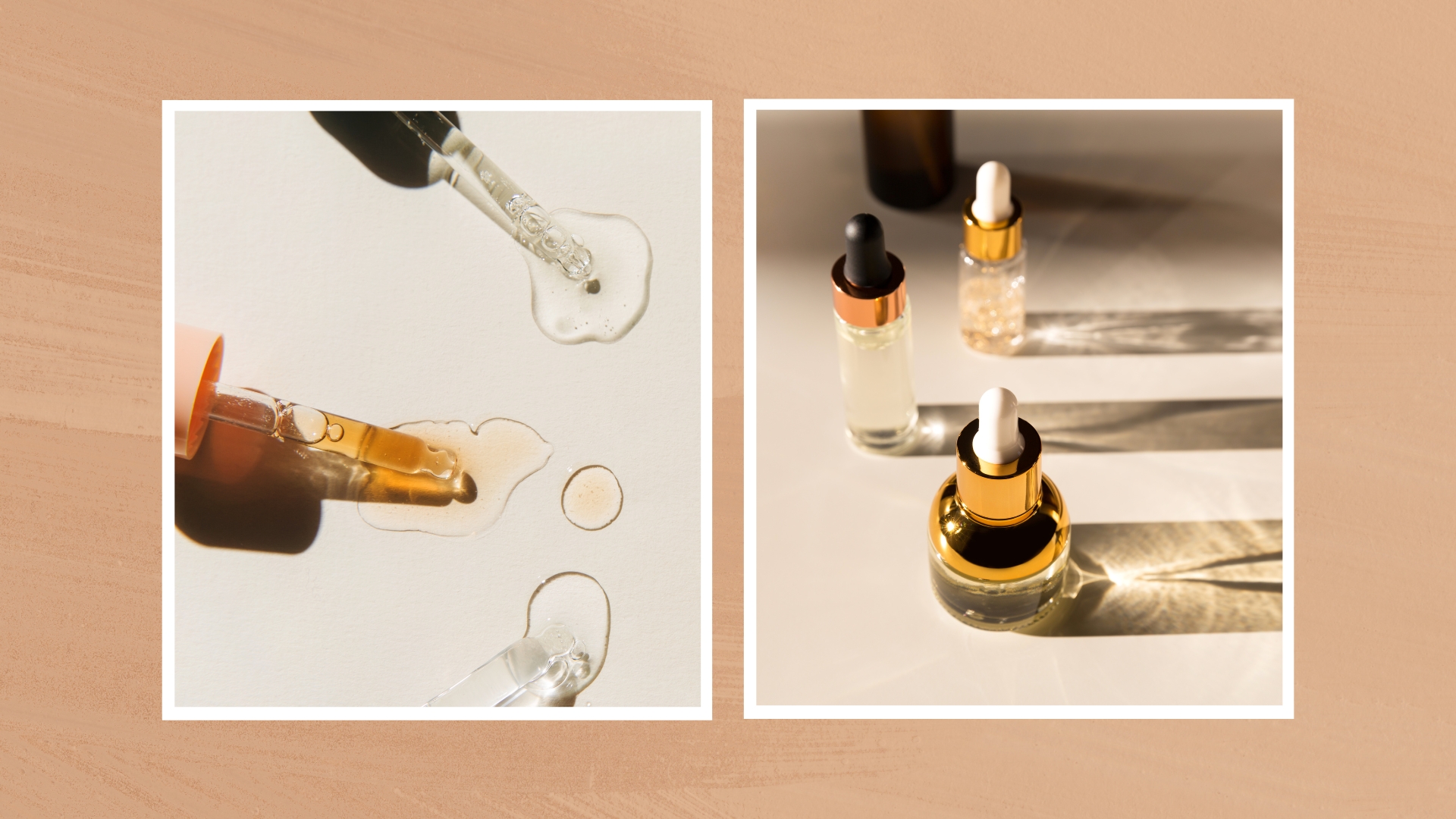

Naomi Jamieson
When it comes to hyaluronic acid vs retinol, the two skincare staples are regularly used in tandem but juxtaposed, they serve very different purposes. One acts as a hydrating serum to restore and seal in moisture while the other exfoliates and boosts collagen - but which one should you use and when?
Despite the name, hyaluronic acid isn’t actually an acid at all; it’s a hydrating sugar molecule, with the best hyaluronic acid serums working to plump and boost your skin's moisture levels. This means it’s not in direct competition with retinol, an ingredient known for its ability to exfoliate.
However, both ingredients are touted as a non-invasive alternative to Botox and can fit nicely into a skincare routine together if you know how. As Dr. Emmanuel Loucas, director of SINY Dermatology and Water’s Edge Dermatology says, "The two products work synergistically to help your skin look its best." So, to dispel any question marks you might have over these two powerhouse ingredients, we've compiled everything you need to know...
Hyaluronic acid vs retinol
The best retinol serums and creams are often counted alongside hyaluronic acid products as skincare staples, but when it comes to your skin type and needs, which (if not both) should you use?
We've quizzed the experts on everything from the benefits of both, to what ingredients you shouldn't use them with. So, first things first, what are hyaluronic acid and retinol exactly?
What is hyaluronic acid and what are the benefits?
"Hyaluronic acid is a polysaccharide that is naturally found in skin and connective tissue," explains Vanessa Thomas, cosmetic chemist and founder of Freelance Formulations. "It is an extremely adept moisturizer because it attracts and binds to water molecules."
Researchers have found that hyaluronic acid “exhibits outstanding nutricosmetic efficacy.” In other words, it’s amazing for hydrating your skin.
Sign up to our free daily email for the latest royal and entertainment news, interesting opinion, expert advice on styling and beauty trends, and no-nonsense guides to the health and wellness questions you want answered.
The gel-like sugar molecules lock in moisture, filling in fine lines and wrinkles for smoother, plumper skin. It stimulates collagen and skin elasticity. Overall, it’s a great hydrator that offers wonderful rejuvenating effects on the complexion.
What is retinol and what are its benefits?
"Retinols are the over-the-counter derivatives of retinoids, which are variants of vitamin A," says Dr. Loucas. "When applied to the skin, retinol converts into retinoic acid." This active form gets to work promoting exfoliation and collagen production. As Dr. Loucas explains, "Retinoic acid speeds up cell turnover in the skin and the regenerating process that causes the skin to become firm by increasing the production of collagen and elastin tissue."
As a chemical exfoliant that spurs on your skin’s natural cell turnover process, retinol is an anti-ageing essential. It has a powerful ability to minimize fine lines and wrinkles, resolve uneven skin tone issues, and clear up acne. It can irritate skin, so it's important to learn how to use retinol properly, and those with sensitive skin should try the least potent form, retinyl palmitate.
Hyaluronic acid vs retinol—what are the main differences?
As with the niacinamide vs hyaluronic acid debate, hyaluronic acid and retinol are like apples and oranges; they differ substantially in terms of what they are, what they do, and how they can affect your skin.
- Hyaluronic acid is a non-irritating ingredient that supports hydration.
- Retinol promotes cell renewal, but it can be irritating to new users and those with sensitive skin. Highly sensitive skin types may not be able to tolerate its powerful exfoliating properties.
When and how should you use hyaluronic acid and retinol?
If you add hyaluronic acid and retinol to your skincare lineup, you don’t always need to use them in tandem.
When it comes to how to use hyaluronic acid, whether it's a gel or serum, it can be applied morning or evening, but a retinol serum should only be used as part of a night skincare routine since it will increase your skin’s UV sensitivity.
However, Dr. Loucas says both ingredients can work well together during your evening routine. "I would suggest applying the hyaluronic acid first. Wait a few minutes, then you can apply a retinol product. If your skin is drying from the retinol, you can apply a moisturizer over that," he says.
While you’re probably safe to dive right into daily hyaluronic acid use, experts recommend taking a slow and steady start with retinol. Consistency is also key if you want your skin to experience the benefits. But, if you’re new to retinol, your first few uses will probably yield less-than-ideal results.
"Retinol will likely cause your skin to go through a process called ‘retinization’ where the skin becomes dry, red, flaky, and irritated," says Gabrielle Richens, skincare coach and founder of The Rich Skin Club. "This can be avoided by starting off slow. applying retinol every other night, and working your way up to see how your skin reacts. Applying a hyaluronic acid serum after retinol can help ease these side effects."
Once you get past the so-called "retinol uglies," your skin will be better adjusted to more regular use. If you’re not sure if retinol is right for you, or if the side effects you’re experiencing are normal, consult a dermatologist.
Who shouldn’t use these ingredients?
Retinol isn’t a good fit for certain skin conditions. As Thomas advises that retinol isn’t right for people with psoriasis, eczema, or rosacea, since it will cause additional irritation and inflammation.
"Retinol can also aggravate a dry, dehydrated skin type, as it reduces skin’s natural oil production and speeds up skin cell turnover," says Cheryl Woodman, skincare expert at Honesty For Your Skin.
Experts also recommend avoiding retinol if you get a lot of sun exposure, even if you invest in the best facial sunscreen you can afford. This is because retinol works to surface new skin cells, making your complexion more sensitive to UV damage as a result. Additionally, retinol is not a safe skincare treatment if you’re planning to get pregnant, are pregnant, or are breastfeeding.
On the other hand, hyaluronic acid is generally suitable for all skin types: "Unlike retinol, hyaluronic acid is typically suitable for all skin types and does not cause irritation," says Thomas. "It can be beneficial for every type of skin, but if you live in an especially dry environment, you’ll just need to be thoughtful about how you use it."
Since it’s a humectant, Cheryl explains that "hyaluronic acid can draw hydration from skin’s deepest layers, pulling it towards the surface. If you’re not using moisturizer to lock the hydration in, your skin can become dehydrated, especially if you live in a low humidity climate."
What ingredients should you avoid when using hyaluronic acid and retinols?
"Products to consider avoiding in conjunction with retinols include astringents, toners, benzoyl peroxides, and vitamin C," says Dr. Loucas.
You’ll also want to steer clear of exfoliating acids in the alpha hydroxy acid and beta hydroxy acid (AHA and BHA) families, including glycolic acid, lactic acid, and salicylic acid.
In general, loading up on active ingredients or ramping up quickly with too-high concentrations can cause more harm than good. "The biggest mistake I see with first-time users is their enthusiasm to look younger quick! That never works out well," Dr. Loucas adds.
As Gabrielle explains, "Too many actives will overstimulate the skin and cause irritation. It’s best to use these products on different days, or even a couple of days apart if your skin feels sensitive."
There’s not much to worry about with hyaluronic acid, though. "Hyaluronic acid can be applied with most other ingredients," Thomas says.
Hyaluronic acid vs retinol: the verdict
So, to summarise, when it comes to deciding whether to use hyaluronic acid or retinol (or both), your skin's needs and condition play major roles. If you have dry or lacklustre skin, a hyaluronic acid serum will offer hydration, whereas, for those who have texture or are wanting to combat the signs of ageing, a retinol may be more effective - as it exfoliates and promotes cell turnover.
Hyaluronic acid is definitely the easier product to incorporate into your routine as it's suitable for all skin types and can be used every day - in the am and pm. Retinol, on the other hand, can cause irritation with your skin needing to build up a tolerance to it and should only be used as part of a nighttime routine. The experts also advise those with sensitive skin and conditions like eczema to avoid it altogether and to instead, seek out less potent options.
As for using the two ingredients together, the experts say you can either apply hyaluronic acid serum before or after applying retinol - noting that it can ease the side effects. The former is also safe to use alongside most other products but in the case of retinol, you should steer clear of any other exfoliating acids. Using too many actives can damage and irritate your skin (see the section above).
So all in all, they're both effective ingredients but have very different uses, which you need to be aware of before adding them to your arsenal.
Our 9 Hyaluronic acid and retinol formula picks to add to your regime
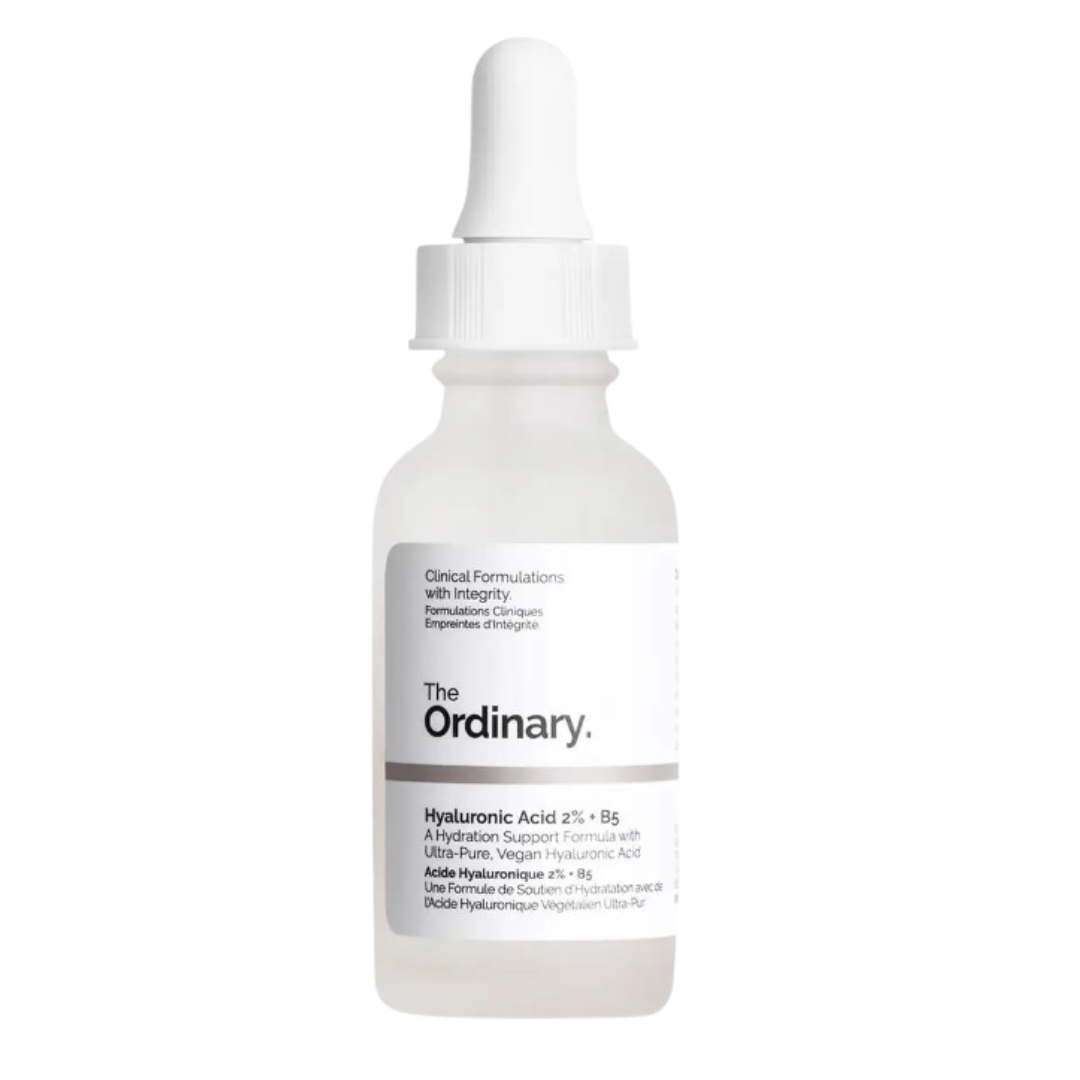
RRP: £7.90
Quite frankly the quintessential HA product to start anyone off, this no-nonsense formula from The Ordinary feels superlight and watery on skin, making it an all-year-round next step after toner and before moisturizer. For extra dry times of the year, we like mixing a drop or two to our best foundations for an added hydration boost.
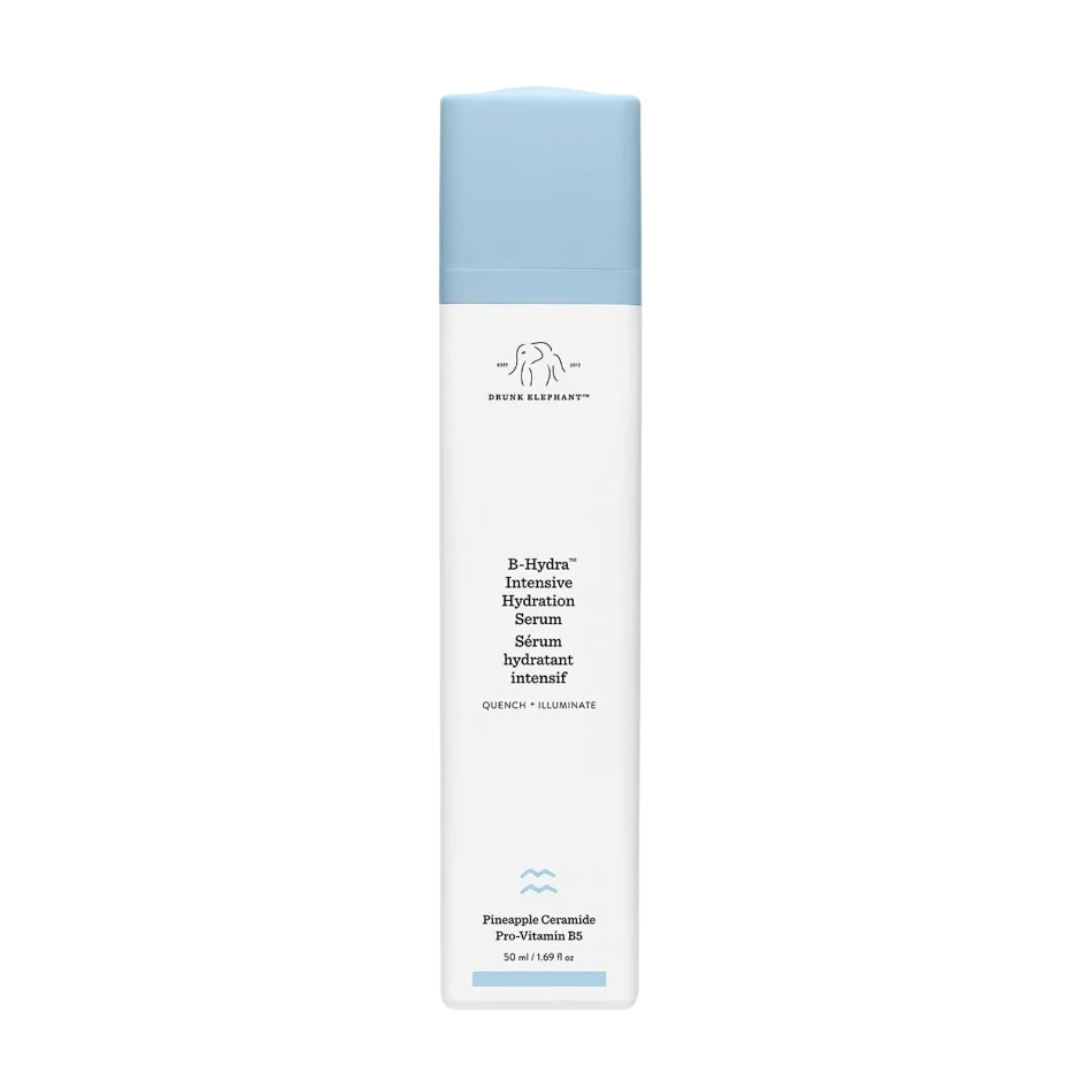
RRP: £43
Literally a tall drink of water for thirsty, dehydrated skin (yes, oily skin types included), this vegan hydrating serum also boasts of pineapple ceramide to boost brightness and improve tone and provitamin B5 in addition to HA.
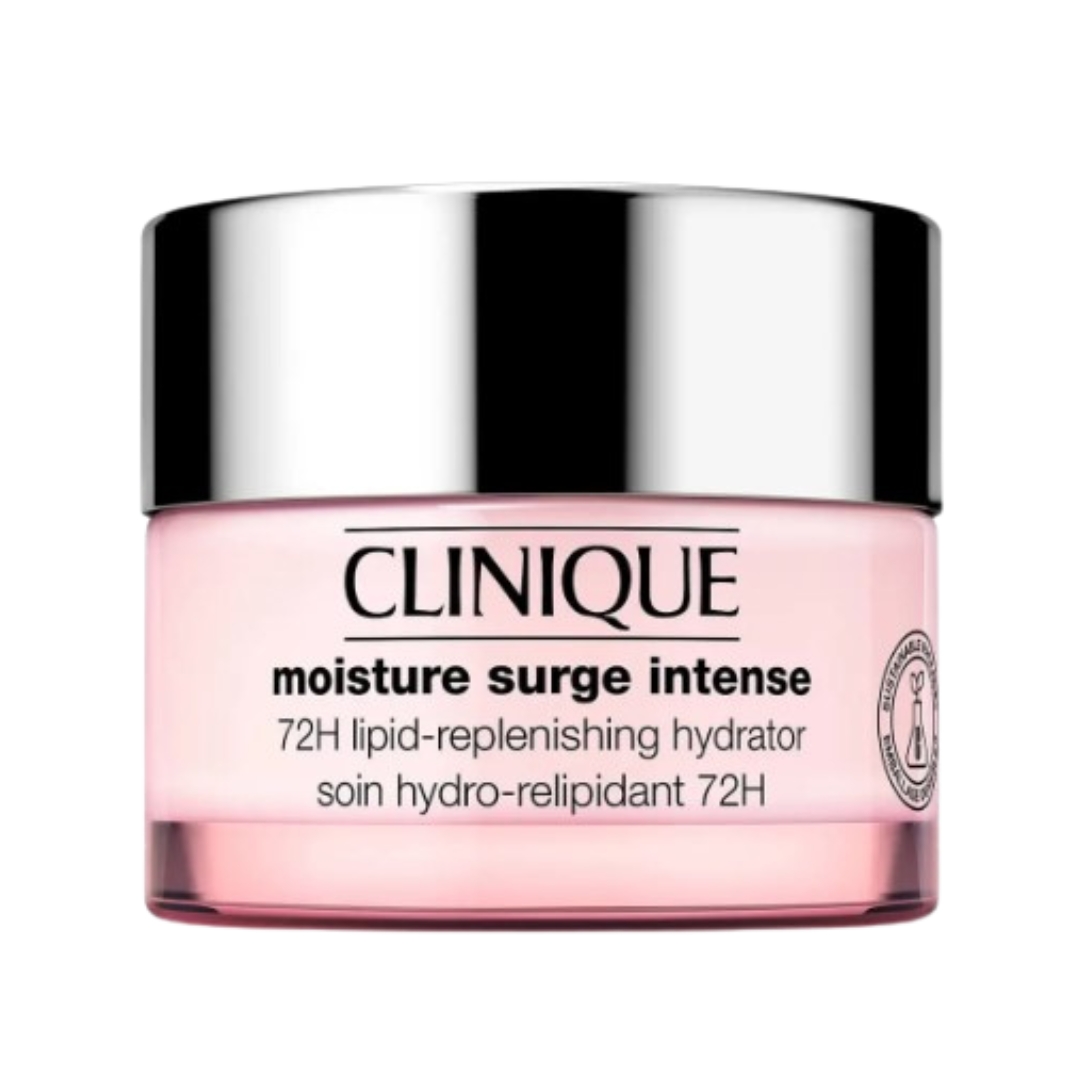
RRP: £42
Tested on real women in Siberia (!) in the winter (!!) with glowing reviews, this oil-free gel-cream offers, as the name suggests, a potent shot of hydration and nourishment to dry, very dry, and combination skin for up to three days. Lipids also improve skin barrier strength.
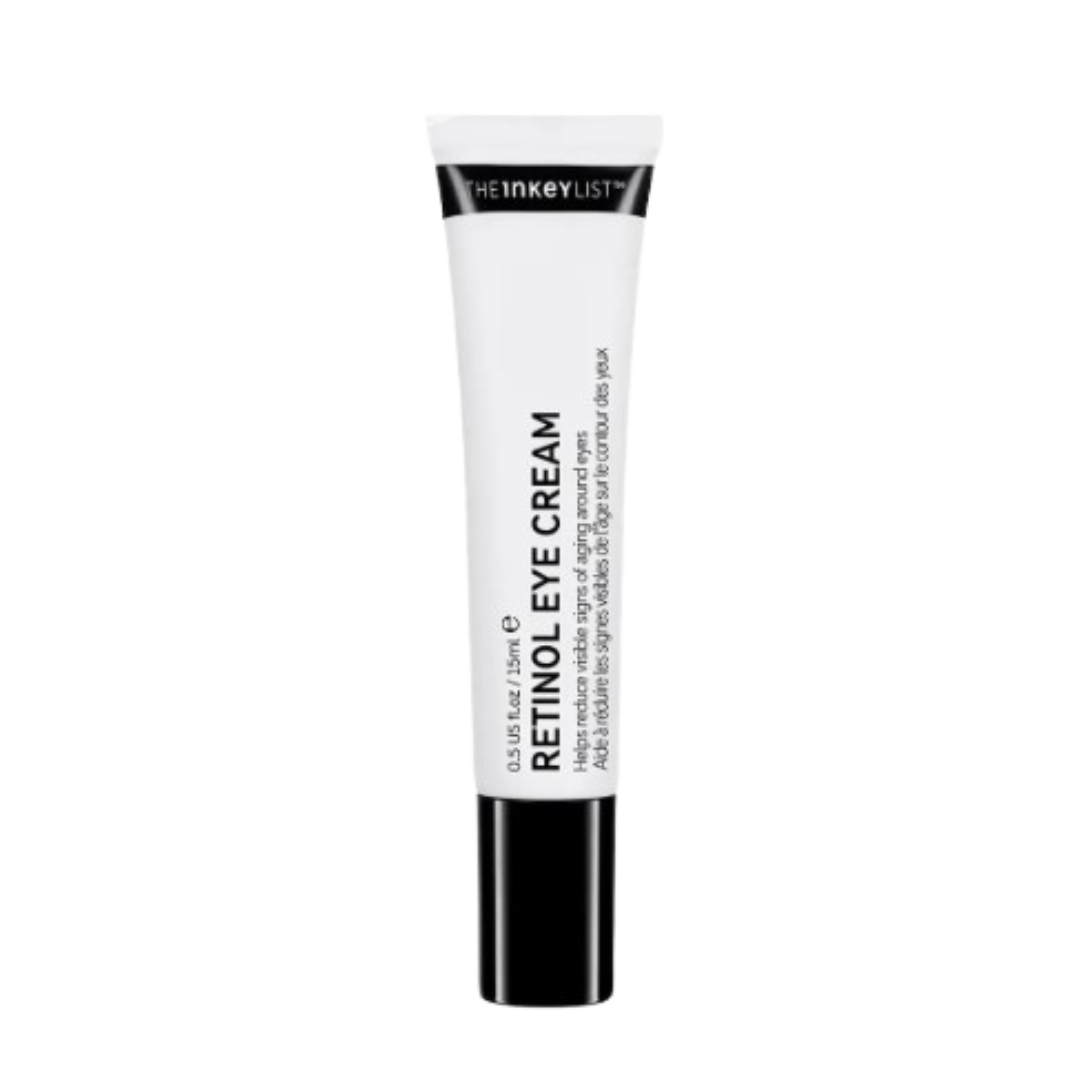
RRP: £13 for 15ml
Straightforward and effective: that's how we like our eye creams, and that's exactly what you get from this winner from The Inkey List. Dab on your undereye area in the evening for best results.
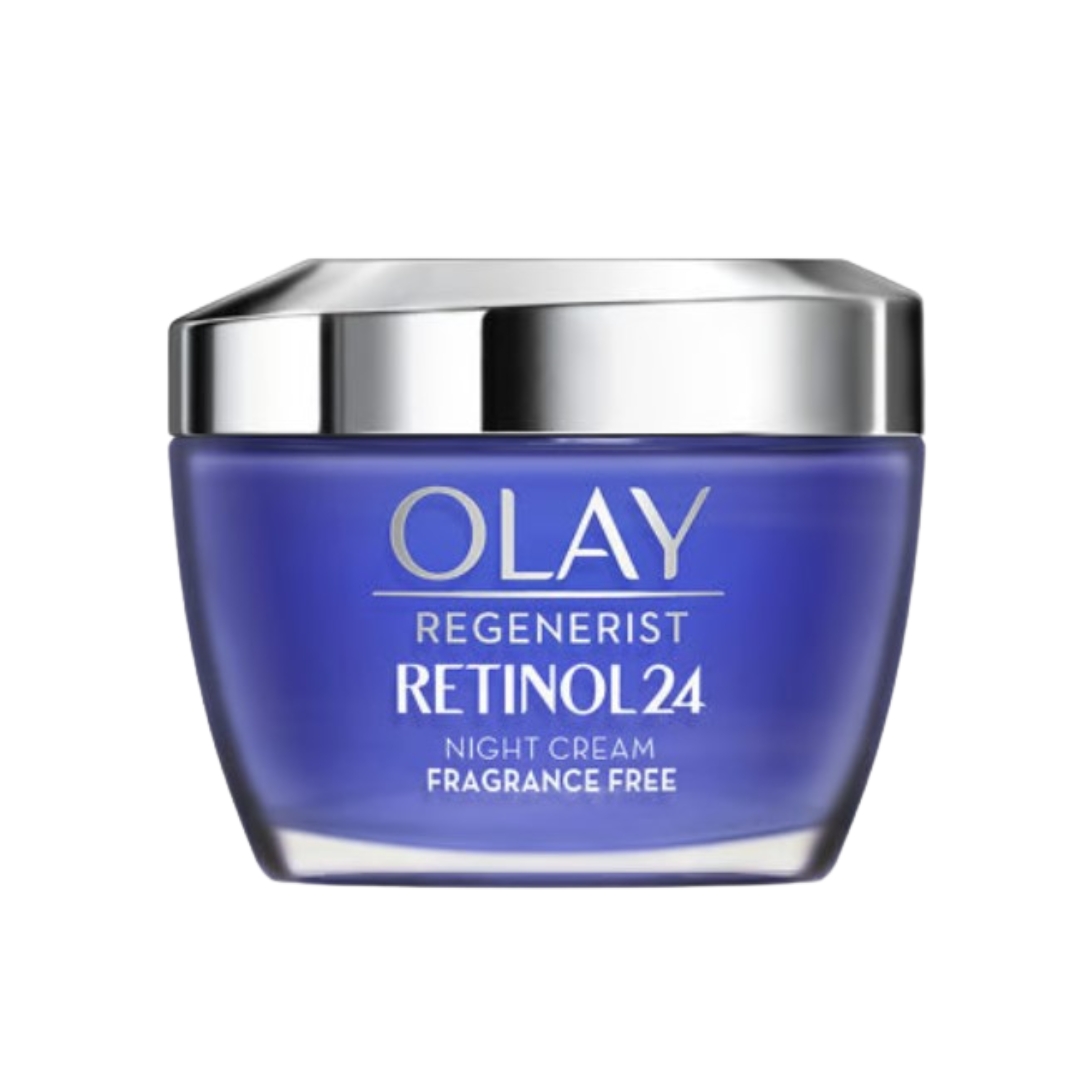
RRP: £35 for 50ml
Olay's super popular retinol night cream is an accessible entry point into the world of evening retinol care. Fragrance and dye-free, this luxe-feeling yet non-greasy cream promises full 24-hour hydration and skin transformation—that is, an improvement on skincare's entire nine yards, i.e. fine lines and wrinkles, roughness, dullness, elasticity, hyperpigmentation, dark spots, and pores—within 28 days.
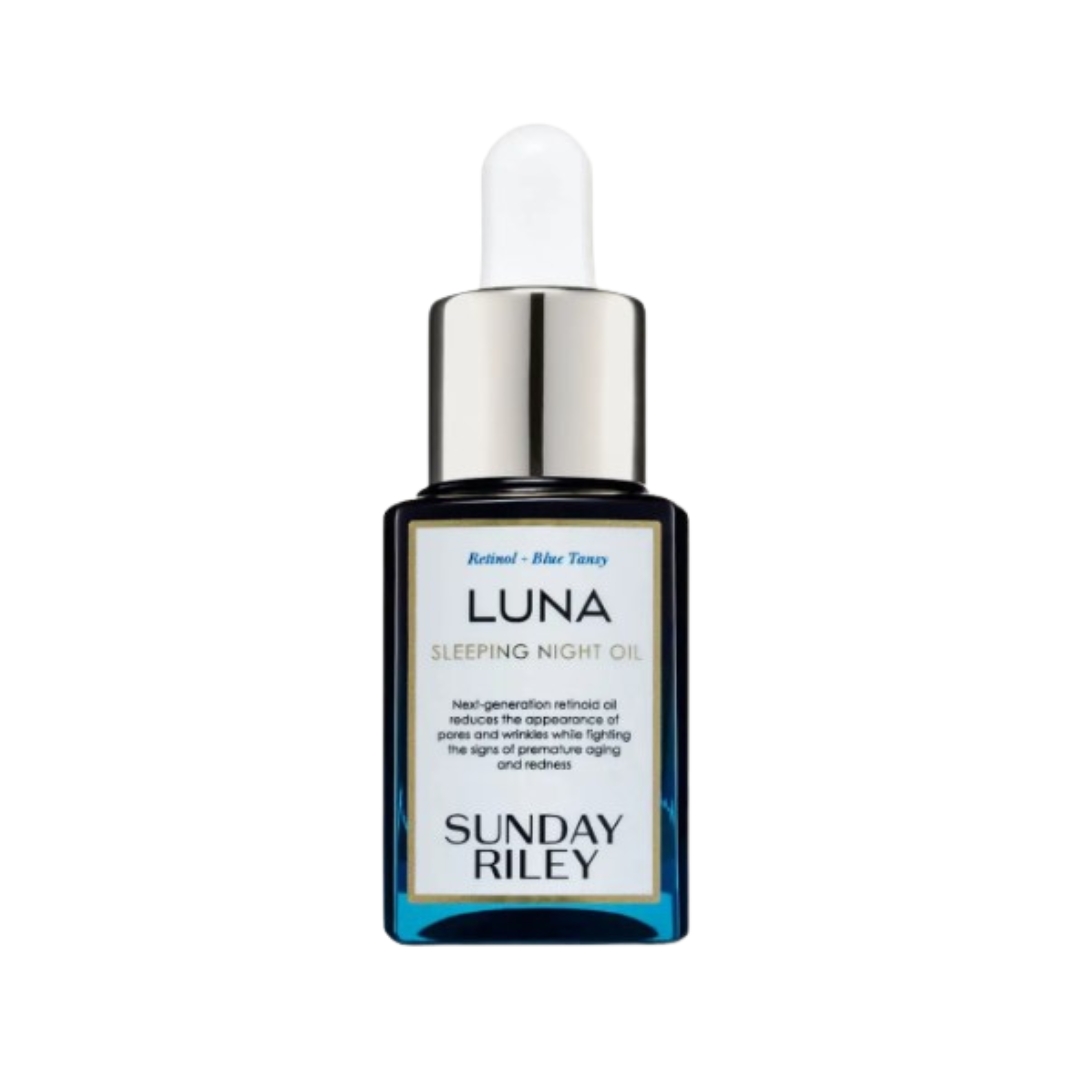
RRP: £45 for 15ml
Redefine beauty sleep with this gentle, paraben- and sulfate-free night oil that, in addition to retinol esters, also includes blue tansy and chamomile to calm skin and chia and blackberry seed oil to minimize fine lines. Perfect for newbies and veterans alike (and we love the dreamy, storybook packaging, too).

RRP: £49.99 for 1.7 oz
Free of parabens, mineral oil, and dyes, this retinol/HA cream comes highly recommended by dermatologists for its ability to improve the look of deep lines, crows feet, and dark spots, and increase skin elasticity, radiance, and plumpness on the face and neck.
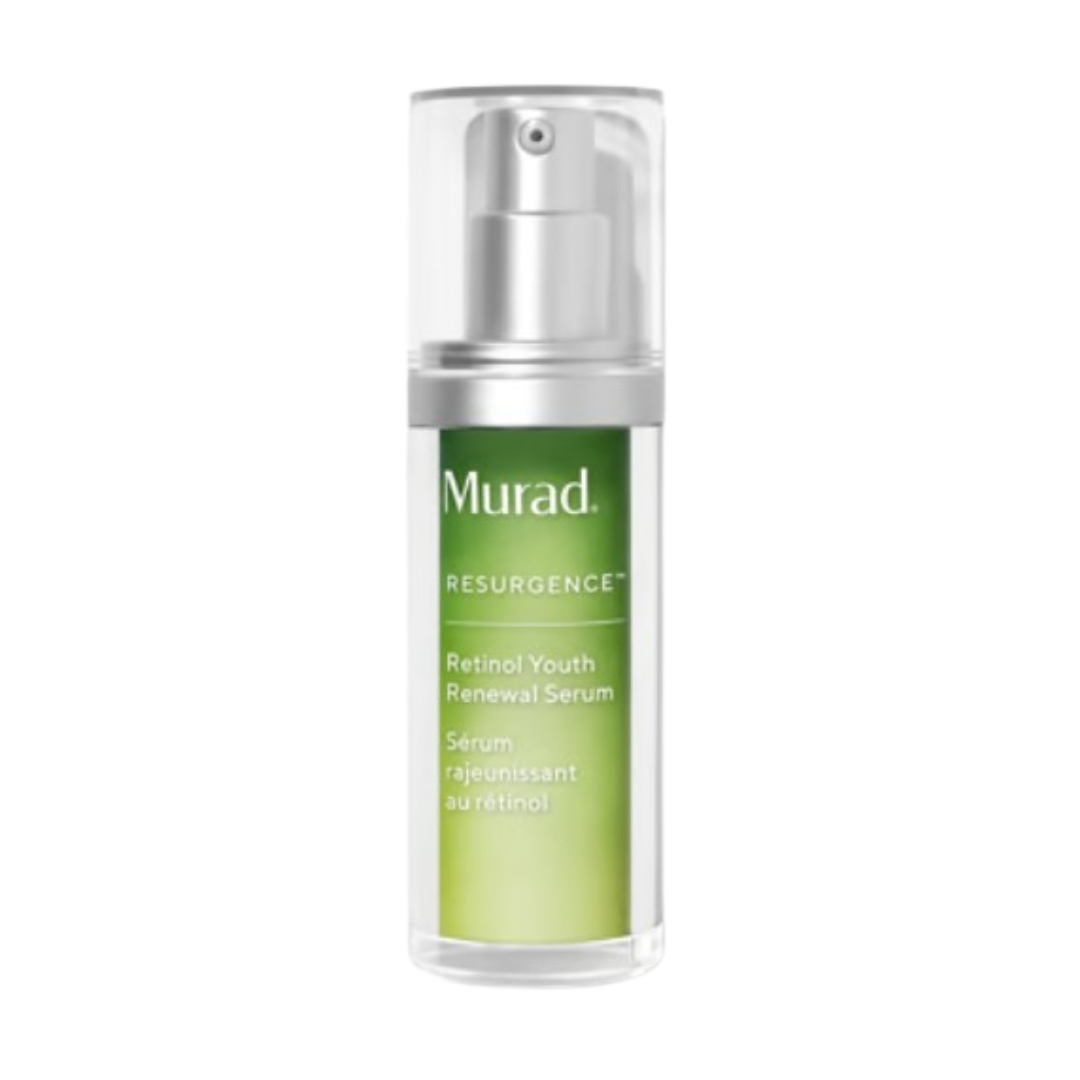
RRP: £86 for 30ml
Find an improvement in everything from dark circles to rough texture to fine lines and wrinkles in as little as two weeks with continued use of this beloved retinol serum. Added hyaluronic acid also hydrates and plumps, while minimizing dryness.
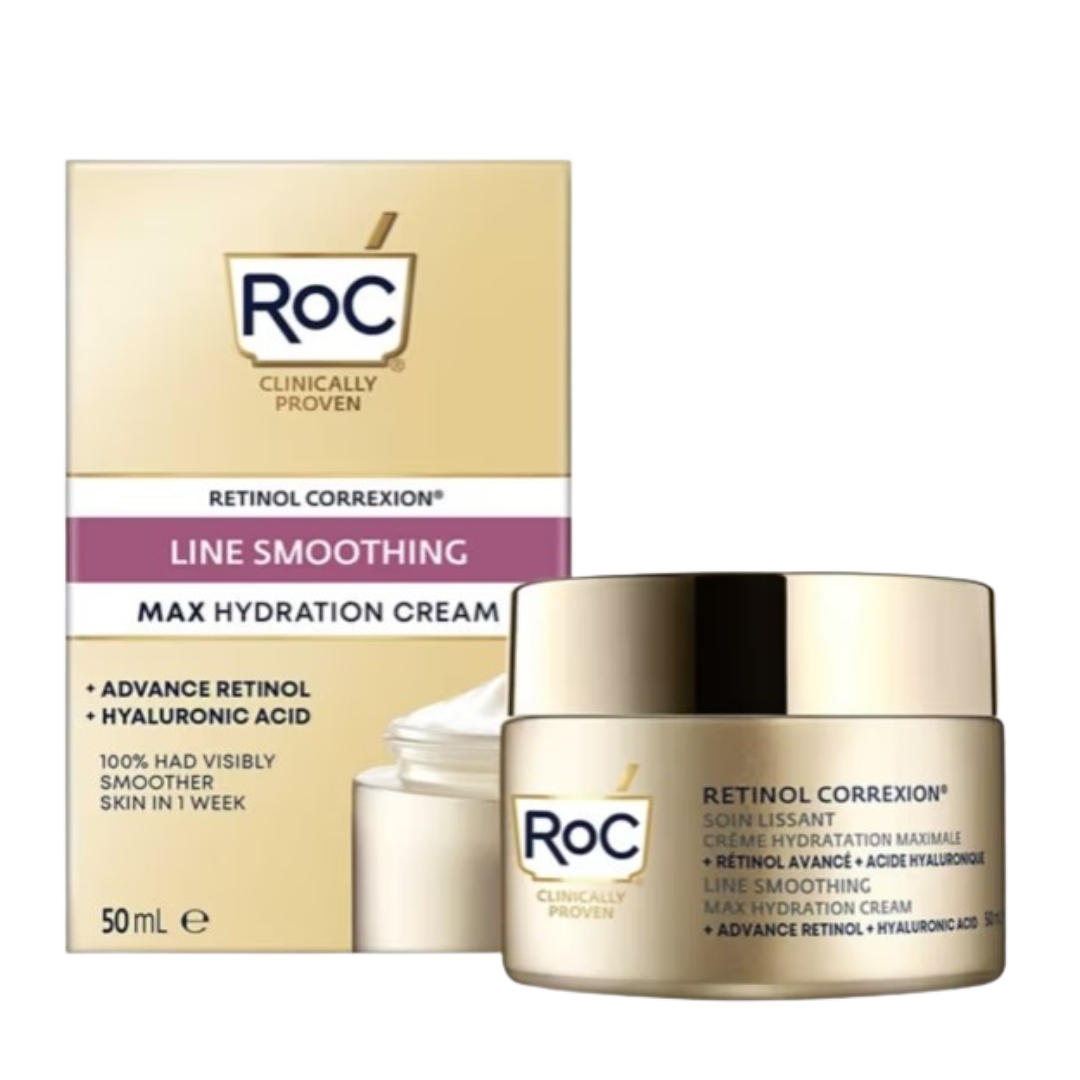
RRP: £35.99 for 50ml
Never the 'twain shall meet? Not anymore! Minimalists and one-stop-shoppers, rejoice: this award-winning day cream from retinol powerhouse RoC also includes hyaluronic acid in its intensive anti-wrinkle formula: It hydrates and replenishes as it facilitates cell turnover, giving you visible line improvements in as little as a week.
woman&home thanks Vanessa Thomas of Freelance Formulations, Dr. Emmanuel Loucas of SINY Dermatology and Water’s Edge Dermatology, Cheryl Woodman of Honesty For Your Skin, and Gabrielle Richens of The Rich Skin Club for their time and expertise.
A lifelong creative writer and beautyphile, Eunice Lucero-Lee graduated from De La Salle University in 2002 and was hired a year later to front all beauty coverage for Pink Magazine. A beauty, astrology, and pop culture obsessive and insider for over 18 years, Eunice is an internationally published editor (and now certified astrologer) whose work has been featured in publications such as Cosmopolitan, Esquire, and The Numinous, among many others.
- Naomi JamiesonDigital Beauty Writer
